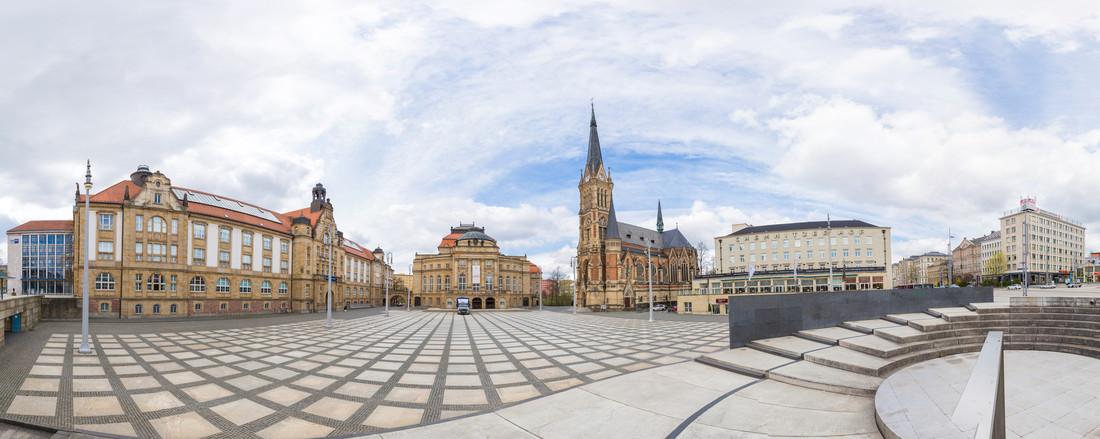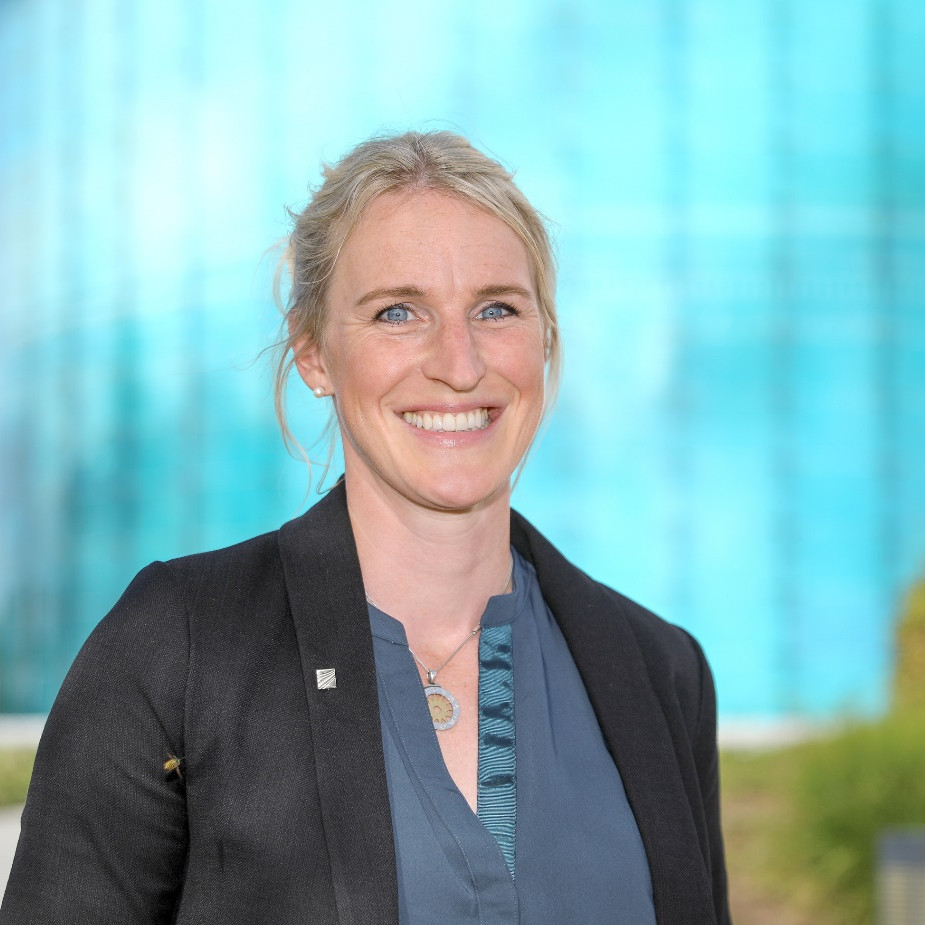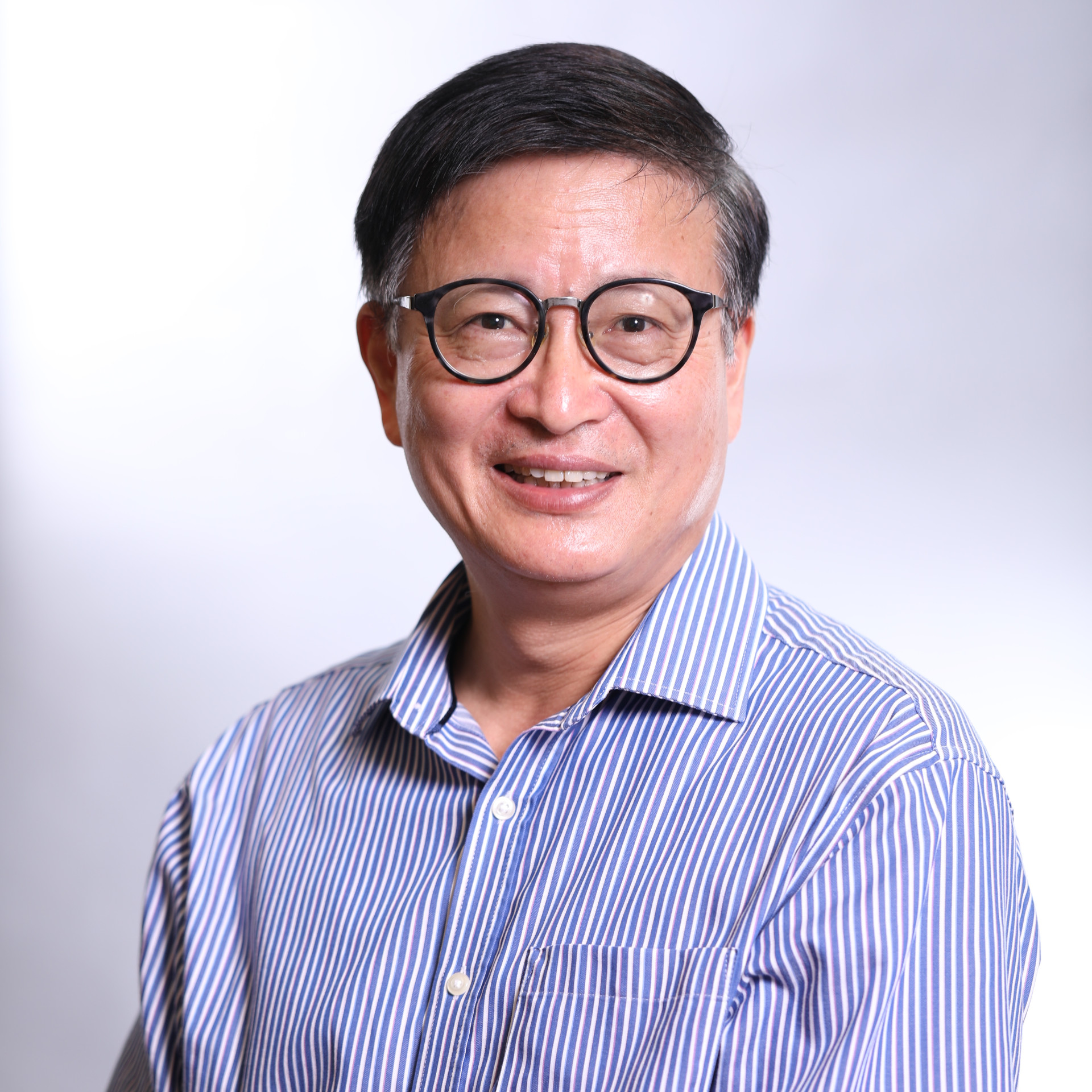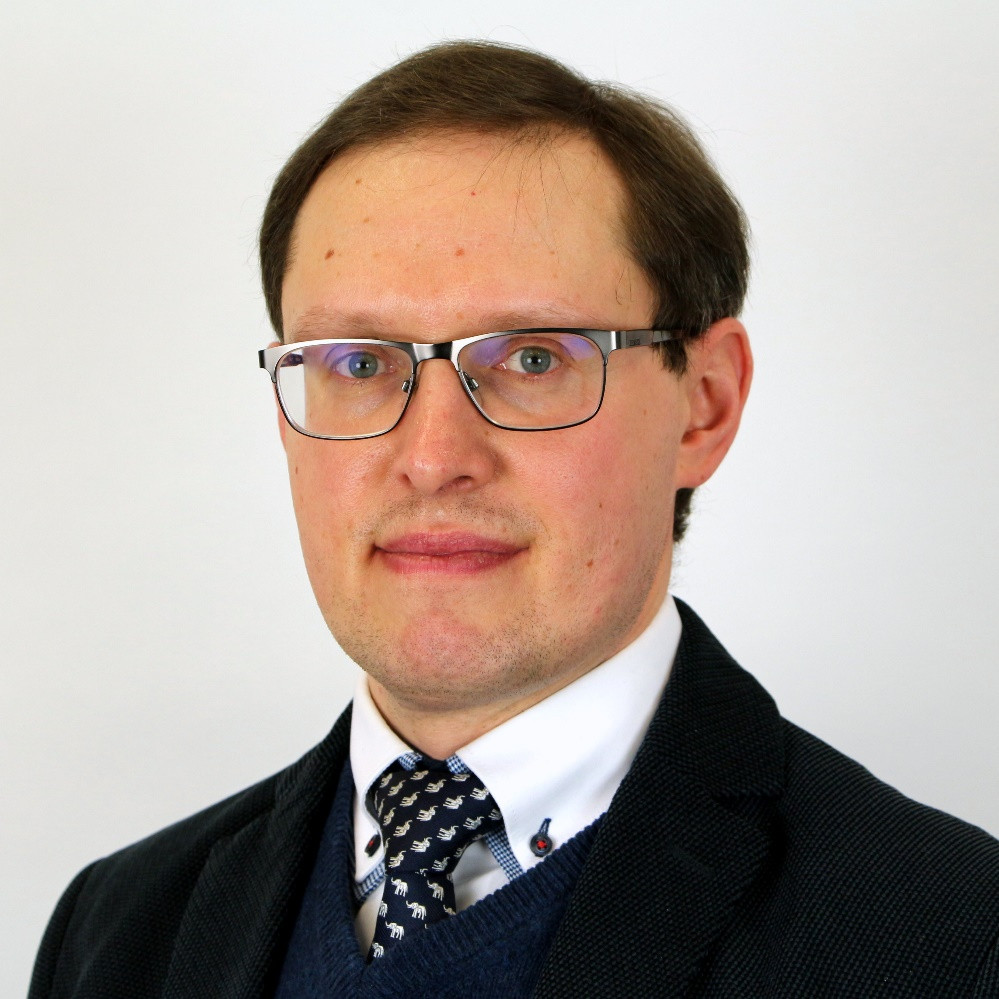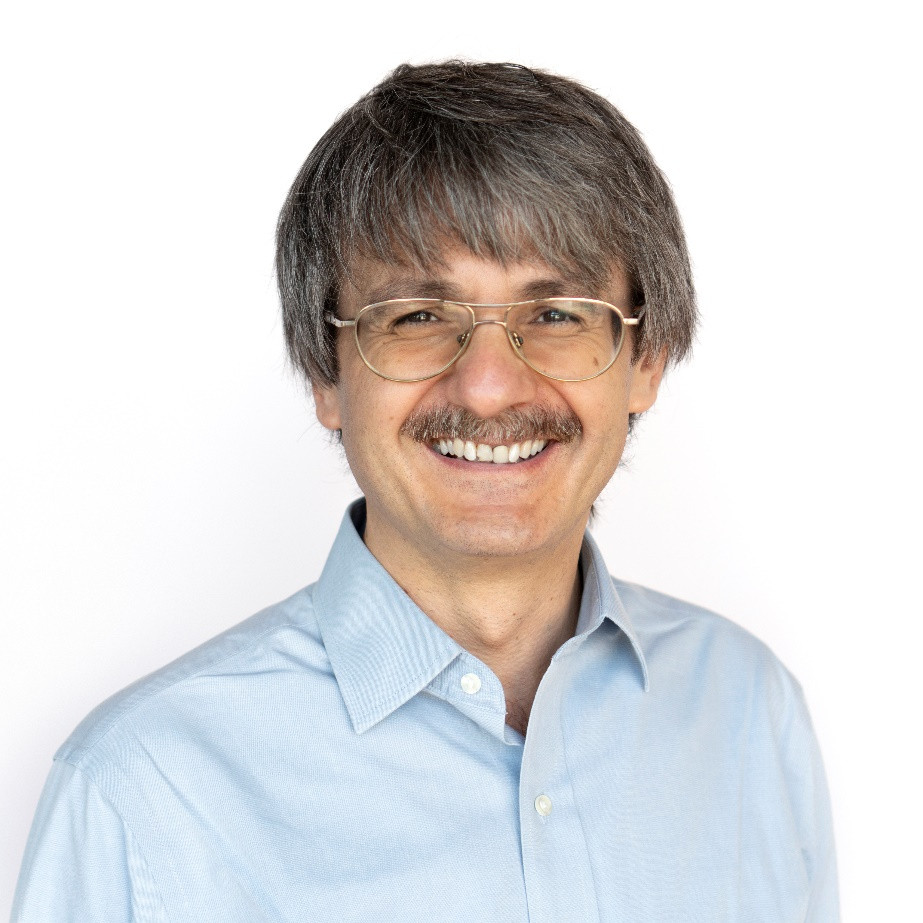Abstract: The automotive industry is facing the transition to autonomous vehicles. This can mean novel challenges, but also chances for the redesign of assembly systems. This talk expands the idea of matrix production and explores how to exploit self-driving of autonomous cars already in an early assembly stage. Scrutinizing traditional assembly sequences, opens up potentials of up to 50% reduction of assembly takts requiring conveyor technology. This may result in a reduction of investments into material handling technology of up to 30% and may increase flexibility and changeability beyond the performance of AGV-based systems. The talk shows minimal technical and procedural requirements to exploit self-driving functions in assembly environments. Encompassing case studies from different green and brownfield assembly systems of one of the world leading OEMs serve as the basis to show the necessary reorganization of assembly sequences and consequences for assembly structures as well as assembly performance.
Prof. Dr. Julia Arlinghaus holds the Chair of Production Systems and Automation in the Department of Mechanical Engineering at Otto-von-Guericke University Magdeburg. Moreover, she is the Director of the Fraunhofer Institute for Factory Operation and Automation. After her studies of Management and Engineering at the University of Bremen, Germany and Tokyo University, Japan, she received her PhD degree in 2011 from the University of St.Gallen, Switzerland. She has worked as a consultant for operational excellence and lean management at Porsche before she accepted the appointment as a Professor of Network Optimization in Production and Logistics at Jacobs University Bremen, Germany in 2013 and 2017 as Chair of Management of Industry 4.0 at RWTH Aachen University. Together with her team, she consults companies in questions of digital and circular logistics and supply chain systems, smart and sustainable production, robotics and automation technologies as well as transformation digital transformation and innovation.
